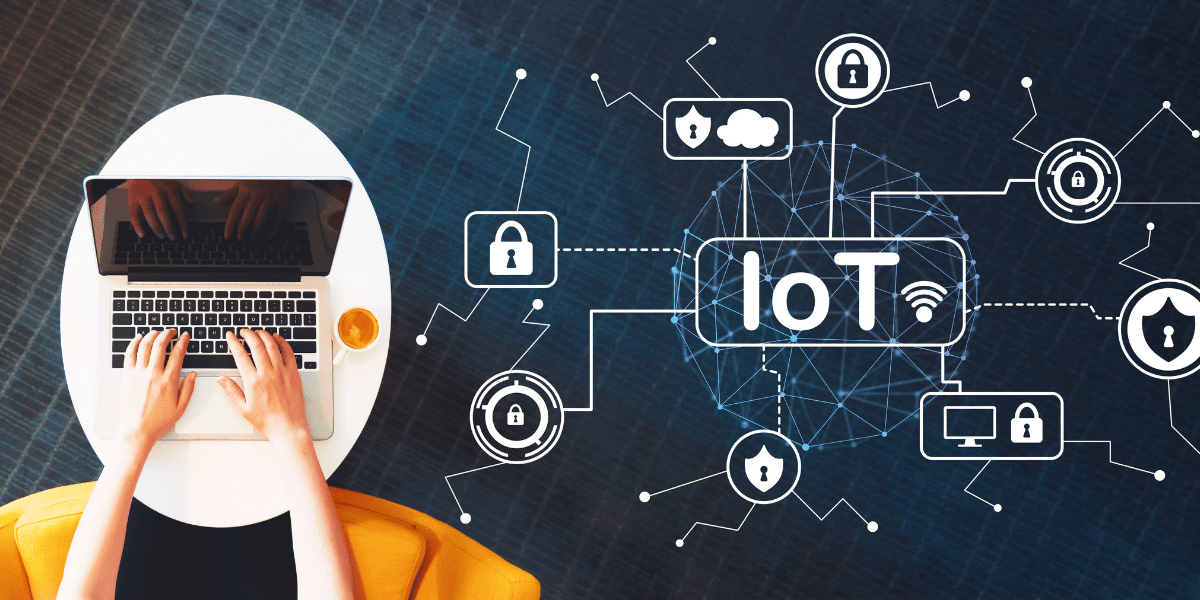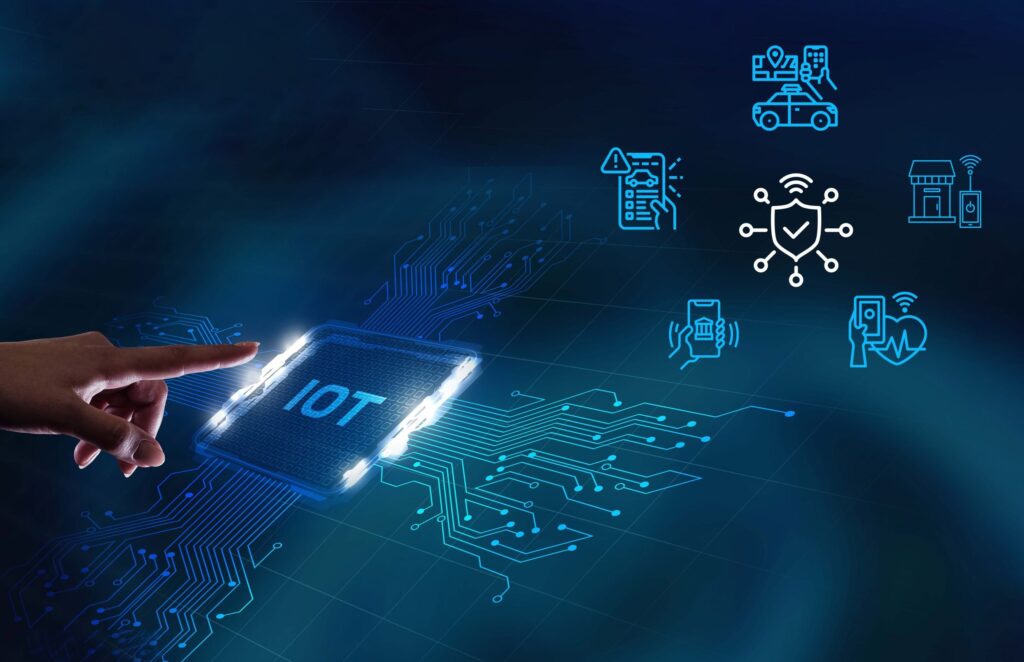
Introduction to IoT
The Internet of Things (IoT) is a revolutionary concept that has transformed the way we interact with technology. It refers to the network of interconnected devices that can communicate, collect, and exchange data without human intervention. These devices can range from smartphones and wearables to household appliances, industrial machinery, and even vehicles.
How IoT Works
IoT operates through a complex system of sensors, communication protocols, and data analytics. Sensors embedded in various objects collect real-time information, which is then transmitted to centralized systems or other devices for analysis. This data can provide valuable insights, enabling informed decision-making and process optimization.
Impact on Industries
IoT has brought about significant disruptions across various industries. Manufacturing processes have become more efficient through predictive maintenance, where machinery issues are detected before they cause downtime. In agriculture, precision farming using IoT sensors optimizes irrigation, fertilization, and pest control. Retail experiences have transformed with personalized marketing based on customer behaviors tracked by IoT devices.
IoT Security Concerns
As IoT adoption grows, so do concerns about data security and privacy. The interconnected nature of devices creates potential vulnerabilities that hackers can exploit. Manufacturers and developers must prioritize robust encryption, regular software updates, and authentication mechanisms to safeguard user information.
The Future of IoT
The future holds immense potential for IoT expansion. With the rollout of 5G networks, connectivity will become faster and more reliable, allowing for more devices to join the IoT ecosystem. This will lead to the creation of smarter cities, enhanced healthcare solutions, and innovations we can only imagine today.
Advantages of IoT Adoption
The adoption of IoT offers several benefits. Businesses can streamline operations, reduce costs, and enhance customer experiences. Individuals can enjoy the convenience of smart homes and connected devices that make daily tasks more efficient.
Challenges and Limitations
Despite its promise, IoT faces challenges. Interoperability issues between different devices and platforms can hinder seamless communication. Additionally, the vast amount of data generated by IoT devices requires advanced analytics and storage solutions.
Smart Cities and IoT Integration
IoT plays a pivotal role in shaping the concept of smart cities. By integrating IoT sensors into urban infrastructure, cities can monitor traffic patterns, energy consumption, waste management, and more. This data-driven approach can lead to more sustainable and livable urban environments.
IoT in Healthcare
Healthcare has seen remarkable improvements through IoT. Remote patient monitoring allows for timely interventions, while medical staff can track equipment and inventory more efficiently. Wearable devices also empower individuals to take charge of their health.



